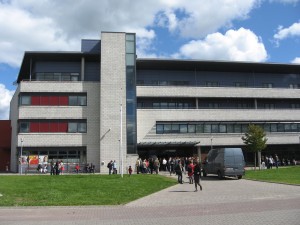Bell, B., Budka, P., Fiser, A. 2012. “We were on the outside looking in”: MyKnet.org – A First Nations online social environment in northern Ontario. In A. Clement, M. Gurstein, G. Longford, M. Moll & L. R. Shade (Eds.), Connecting Canadians: Investigations in Community Informatics (pp. 237-254). Edmonton: Athabasca University Press.
“In 2000, one of Canada’s leading Aboriginal community networks, the Kuh-ke-nah Network, or K-Net, was on the verge of expanding into broadband services. (For more on K-Net, see chapter 14.) K-Net’s management organization, Keewaytinook Okimakanak Tribal Council, had acquired funding and resources to become one of Industry Canada’s Smart Communities demonstration projects. Among the innovative services that K-Net introduced at the time was MyKnet.org, a system of personal home pages intended for remote First Nations users in a region of Northern Ontario where numerous communities have lived without adequate residential telecom service well into the millennium (Fiser, Clement, and Walmark 2006; Ramírez et al. 2003). Shortly thereafter, and through K-Net’s community-based Internet infrastructure, this free-of-charge, free-of-advertising, locally supported, online social environment grew from its core constituency of remote First Nations communities to host over 30,000 registered user accounts (of which approximately 20,000 represent active home pages). …”
free chapter download: http://www.aupress.ca/index.php/books/120193

